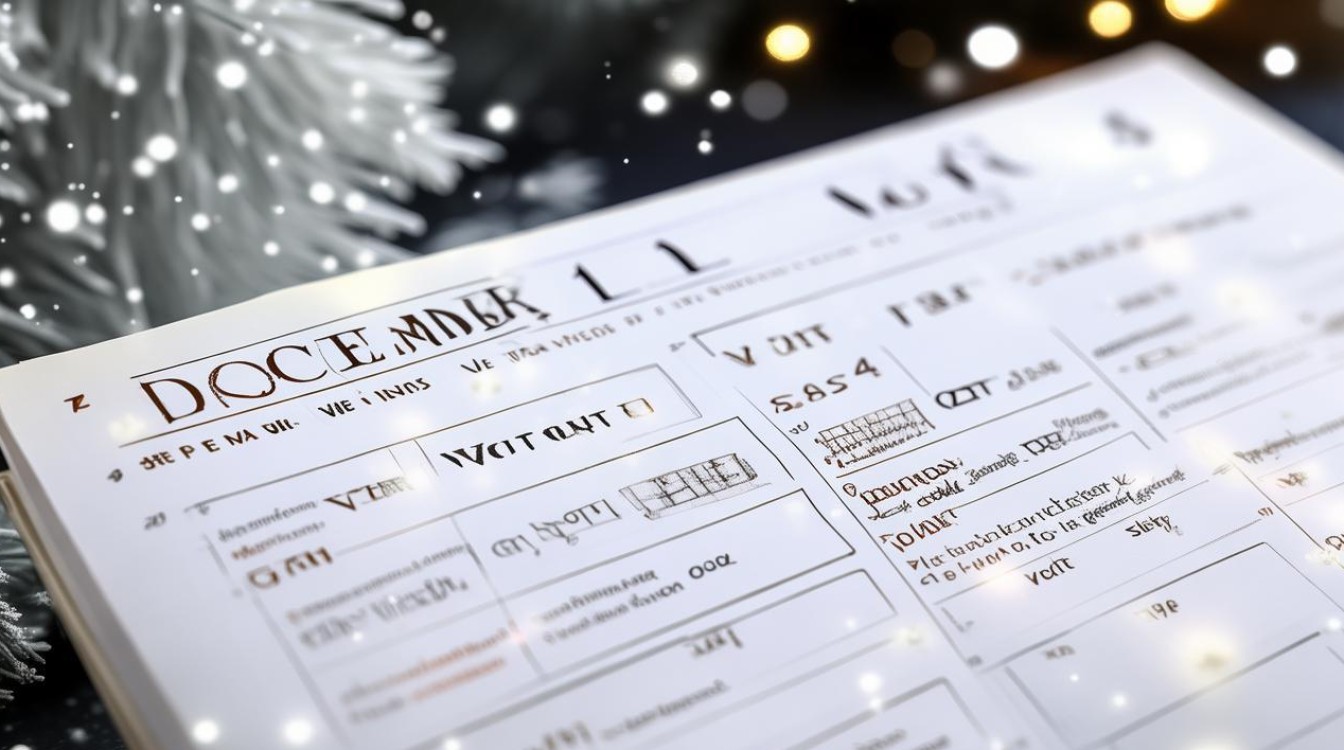Learning new English words is a powerful way to enhance communication skills. Whether preparing for exams, improving professional language, or simply expanding vocabulary, mastering key terms is invaluable. Below is a curated list of essential English words for December 1st, complete with definitions, examples, and usage tips.

Ubiquitous (adj.)
Meaning: Present everywhere or appearing in many places simultaneously.
Example: Smartphones have become ubiquitous in modern society.
Usage Tip: Often describes technology, trends, or cultural phenomena.
Ephemeral (adj.)
Meaning: Lasting for a very short time.
Example: The beauty of cherry blossoms is ephemeral, fading within days.
Usage Tip: Ideal for discussing temporary emotions, trends, or natural events.
Serendipity (n.)
Meaning: The occurrence of fortunate discoveries by chance.
Example: Finding an old friend in a foreign city was pure serendipity.
Usage Tip: Use when describing unexpected but positive coincidences.
Resilient (adj.)
Meaning: Able to recover quickly from difficulties.
Example: Despite setbacks, she remained resilient and pursued her goals.
Usage Tip: Commonly applied to people, communities, or materials.
Pragmatic (adj.)
Meaning: Practical and focused on real-world results.
Example: His pragmatic approach solved the problem efficiently.
Usage Tip: Contrasts with idealistic or theoretical thinking.
Alacrity (n.)
Meaning: Eagerness or cheerful readiness.
Example: She accepted the challenge with alacrity.
Usage Tip: Often used in formal or literary contexts.
Pernicious (adj.)
Meaning: Having a harmful effect, especially gradually.
Example: Fake news can have a pernicious impact on society.
Usage Tip: Describes subtle but damaging influences.

Quintessential (adj.)
Meaning: Representing the most perfect or typical example.
Example: The novel is the quintessential work of 19th-century literature.
Usage Tip: Emphasizes ideal representation.
Verbose (adj.)
Meaning: Using more words than necessary.
Example: The report was overly verbose and difficult to follow.
Usage Tip: A critique of writing or speech styles.
Zenith (n.)
Meaning: The highest point or peak.
Example: Her career reached its zenith with the award.
Usage Tip: Metaphorically describes success or achievement.
Ostensible (adj.)
Meaning: Stated or appearing true, but not necessarily so.
Example: His ostensible reason for leaving was fatigue, but he had other motives.
Usage Tip: Highlights discrepancies between appearance and reality.
Languid (adj.)
Meaning: Slow, relaxed, or lacking energy.
Example: The hot afternoon made everyone feel languid.
Usage Tip: Describes moods, movements, or atmospheres.
Cacophony (n.)
Meaning: A harsh, discordant mixture of sounds.
Example: The cacophony of city traffic was overwhelming.
Usage Tip: Useful for describing noise pollution or chaos.
Esoteric (adj.)
Meaning: Intended for or understood by a small group.
Example: The professor’s lecture was too esoteric for beginners.
Usage Tip: Often refers to specialized knowledge.

Trepidation (n.)
Meaning: A feeling of fear or agitation.
Example: She faced the interview with trepidation.
Usage Tip: Conveys nervous anticipation.
Magnanimous (adj.)
Meaning: Generous or forgiving toward a rival.
Example: The winner was magnanimous in victory.
Usage Tip: Praises noble behavior in competitive scenarios.
Obfuscate (v.)
Meaning: To deliberately make something unclear.
Example: The contract’s language seemed designed to obfuscate.
Usage Tip: Criticizes intentional complexity.
Sycophant (n.)
Meaning: A person who flatters to gain advantage.
Example: The leader was surrounded by sycophants.
Usage Tip: Describes insincere praise-givers.
Ineffable (adj.)
Meaning: Too great to be expressed in words.
Example: The view from the mountain was ineffable.
Usage Tip: Used for profound emotions or experiences.
Fastidious (adj.)
Meaning: Very attentive to detail.
Example: His fastidious nature made him an excellent editor.
Usage Tip: Compliments precision but can imply pickiness.
Panacea (n.)
Meaning: A solution for all problems.
Example: Education is often seen as a panacea for social issues.
Usage Tip: Suggests unrealistic or idealistic solutions.

Quixotic (adj.)
Meaning: Extremely idealistic and impractical.
Example: His quixotic quest for justice inspired many.
Usage Tip: Describes noble but unrealistic pursuits.
Recalcitrant (adj.)
Meaning: Stubbornly resistant to authority.
Example: The recalcitrant student refused to follow rules.
Usage Tip: Applies to defiant individuals or groups.
Sanguine (adj.)
Meaning: Optimistic, especially in difficult situations.
Example: Despite the challenges, she remained sanguine.
Usage Tip: Contrasts with pessimism.
Voracious (adj.)
Meaning: Wanting or consuming great quantities.
Example: He was a voracious reader, finishing books daily.
Usage Tip: Often describes intellectual or physical appetite.
Building a robust vocabulary requires consistent practice. Incorporate these words into daily conversations, writing, or flashcards. Over time, they will become natural tools for expression.
Language learning is a journey, and each new word adds depth to communication. Whether for academic, professional, or personal growth, mastering vocabulary opens doors to clearer and more impactful expression.

